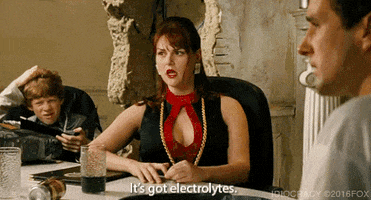- Joined
- Jul 15, 2014
- Messages
- 1,890
- Reaction score
- 2,411
Does anyone know much about the proposed category of Suicide Crisis Syndrome, which attempts to codify a separate DSM disorder for suicidal behavior? The criterion describe a process model of suicide that involves essentially hopelessness, rumination, and panic. The rationale for inclusion is basically so payors will care about it as far as I can tell, but I also just got a brief intro from a recorded lecture recently.
In case you don't know what I'm talking about, here's a systematic review from five years ago that is open access so everyone should be able to see it: https://onlinelibrary.wiley.com/doi/full/10.1111/sltb.13065
In case you don't know what I'm talking about, here's a systematic review from five years ago that is open access so everyone should be able to see it: https://onlinelibrary.wiley.com/doi/full/10.1111/sltb.13065


